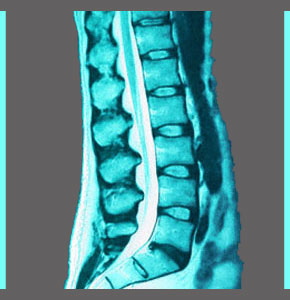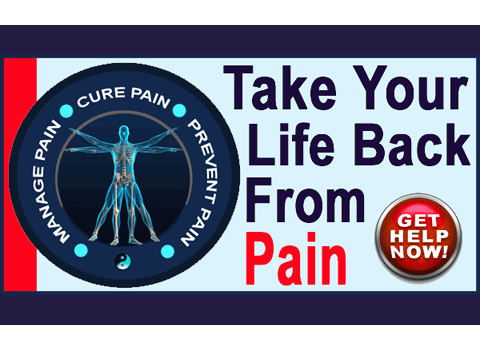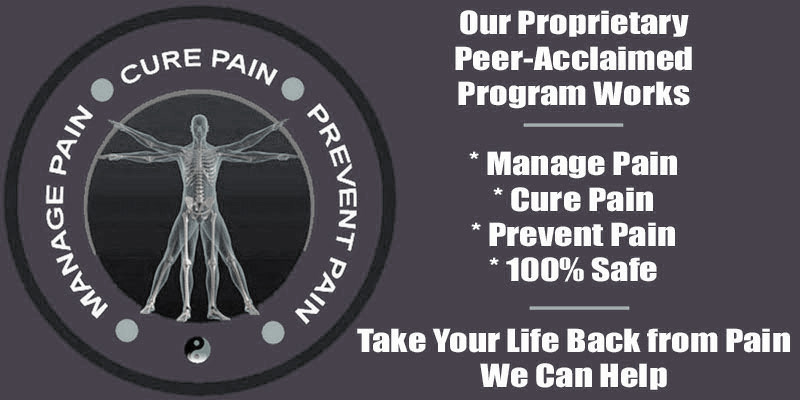
Asymptomatic spinal stenosis is a very common variety of canal narrowing, since the vast majority of mild to moderate cases do not produce any pain or neurological effects whatsoever. In fact, it is completely normal, expected and virtually universal for people to demonstrate some degree of central canal stenosis and/or neuroforaminal stenosis as they age. Any patient who is diagnosed with spinal stenosis must understand the extent of their condition and should correlate the diagnostic findings to the actual symptoms under the care of a spinal neurologist. Not doing so will only increase the chances of being misdiagnosed, if the structural condition is not actually the source of pain.
This essay profiles the majority of stenosis conditions in the human spinal column as being completely asymptomatic and in no need of any treatment whatsoever.
Asymptomatic Spinal Stenosis Statistics
Spinal canal narrowing is not inherently painful or problematic. This is because the canal has more than enough room to allow all the neurological structures, including the spinal cord, to function. Even when the size of the canal is decreased mildly to moderately, the nerve structures will still have ample space in which to function unimpaired in most instances.
Symptoms typically come on when the stenosis reaches advanced or extreme degrees at certain vertebral levels. These symptomatic forms of stenosis are not considered normal results of typical spinal degeneration and will usually require medical monitoring and professional treatment. In a few cases, these conditions may require spinal stenosis surgery to be performed in order to restore lost neurological functionality and reduce the terrible pain.
Spinal Stenosis Without Pain?
Patients who demonstrate mild to moderate degrees of stenosis which are blamed for causing severe chronic pain or drastic neurological symptoms, such as tingling, weakness or numbness, are often misdiagnosed.
Sure stenosis exists in the spine, since it is normal and to be expected. In these cases, therapy results for seemingly indicated spinal stenosis treatments show a particular horrific cure rate. These disappointments should be no surprise, being that most patients are not actually suffering from the stenotic changes, but instead are victimized by some other structural or nonstructural source.
Patients who definitely have advanced stenosis see markedly better curative results from indicate treatments, but many still do not ever achieve a true and lasting cure, while a great number can not even enjoy worthwhile temporary relief from their pain, despite treatment.
It is also very important to remember that other structural abnormalities, which exist at the same levels as preexisting stenosis conditions, will increase the chances for symptomatic expression.
In these circumstances, while the stenosis exists, it is the added burden of the additional condition which actually commences the pain. This is why some patients can achieve fantastic treatment results from targeted therapies directed at herniated discs which are implicated in contributing to canal narrowing in particular locations of known stenosis activity.
Asymptomatic Spinal Stenosis Truths
We correspond with so many of you who are under the impression that you have some really severe stenosis issue in the central canal or in the foraminal spaces. Most of you feel this way because a doctor or chiropractor has told you so directly, or inferred it, since they are business people who want to make money.
When we see the MRI results you send us, it is clear that many of you have a stenosis condition which is actually very mild and not likely to be the true underlying source of pain. This is bolstered by the evidence of noncorrelating symptoms in a great number of cases. Many of you already received this good news from another doctor who provided a second opinion, while others never sought out a more objective view of their problem. We often recommend that these patients see a new neurologist for clinical diagnosis, and in almost every case, the new neuro-specialist agrees with our verdict.
Remember that no one is denying that you have stenosis. Sure, you have it. Most adults do, to some extent. The issue is simply that most minor and moderate cases do not enact pain. Do yourself a big favor and never take a diagnostic pronouncement for granted, especially if some things do not seem right. Learn the facts about spinal stenosis and research your condition in detail to avoid being victimized by opportunistic care providers who are looking for a long-term payday at your expense.
Spinal Stenosis > Symptoms of Spinal Stenosis > Asymptomatic Spinal Stenosis





